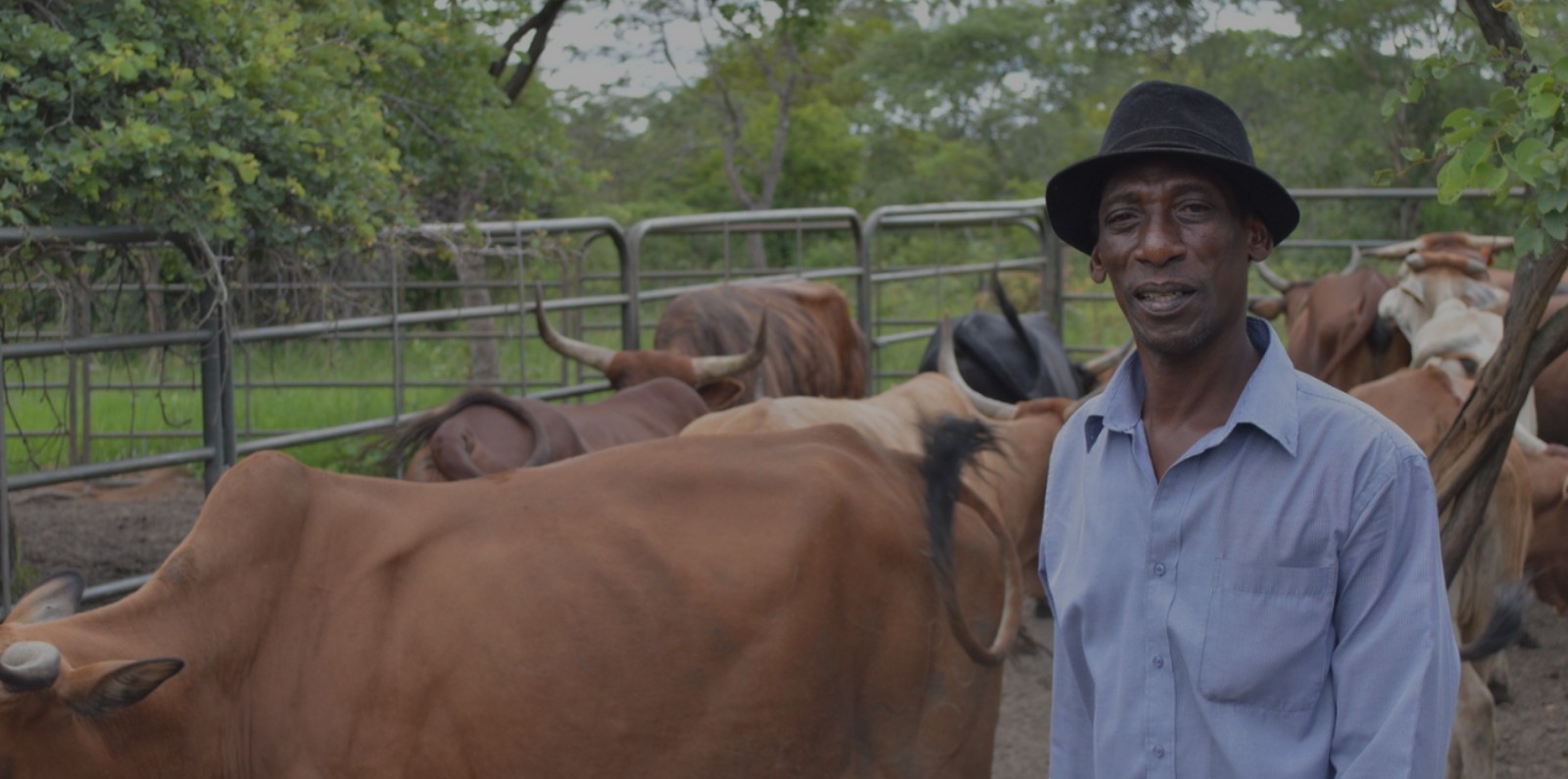About the Project
About 70% of Zambia’s rural population relies on agriculture. GAFSP will invest $31.1 million to improve food production, develop value chains, and build capacity in districts with the highest levels of poverty and food insecurity. APMEP targets the agriculture sector to support economic growth and poverty reduction by enhancing food security, income, and nutrition among participating households through the development of irrigation, aquaculture, and livestock production support; crop diversification and intensification; value chain development to promote agro-processing; and agriculture service centers. The project helps establish infrastructure to create job opportunities, including by construction of three livestock service centers in Chongwe, Chitambo, and Gwemb. The establishment of irrigation schemes and the construction of agro-market centers, roadside markets, and access roads are expected to create more job opportunities for local communities. APMEP also supports strong nutrition and capacity development to train and deliver improved planting materials and technologies to farmers.
Country
- Zambia
Project Status
ClosedFunding
PublicSupervising entity
- AfDB
Call Year
2013GAFSP Funding Amount
31.10Results
As of December 2021, 75,520 people, 54% of them women, have benefitted from the project, with project-promoted technology adopted on 33,383 hectares of land. APMEP has delivered new or rehabilitated irrigation and drainage services and has provided 20,079 smallholders with productivity enhancement support, 23,564 individuals with capacity development support, and 22,457 people with improved nutrition services. APMEP’s crop diversification and intensification component distributed rice seed and other inputs for the Chitambo clusters and the Luombwa scheme in the 2020–2021 season, benefitting 1,038 farmers. The 30-ton capacity cassava milling plant in Chitambo is 90% complete, two of the plant’s three lines of flour and stock feed are ready for testing, and the starch line is complete. Further, the project has started setting up a 500-hectare cassava seed multiplication field to provide planting materials to cassava outgrowers.
APMEP has provided aquaculture cages and pens to farmer groups and has delivered 2,100,000 fingerlings and related feed supplies that have supported 57 pond farmers to grow fish through technical and extension services. As a result, farmers have harvested more than 59.77 metric tons so far and production is expected to increase significantly. Some of these farmers have since accessed loans through another AfDB-supported project (ZAEDEP) and have increased production.
Finally, under the nutrition security component, 22,457 beneficiaries, 15,860 of them women, have benefitted from improved nutrition services. Twelve child and infant feeding centers became fully operational in early 2018, though which the project has recruited and rehabilitated 1,008 children. For the past two years, APMEP has supported farmers by procuring various inputs, including orange maize seed, iron-rich beans, orange-fleshed sweet potatoes, and fertilizers, to enhance community nutritional status.
Contact
Lewis Bangwe
l.bangwe@afdb.org
Philip Boahen
p.boahen@afdb.org
Documents
- AfDB Project Appraisal Document Volume I and Volume II (2014)
- Technical Peer Review Document
- Final Report (2023)
- Final Project Completion Report (August 2023)
